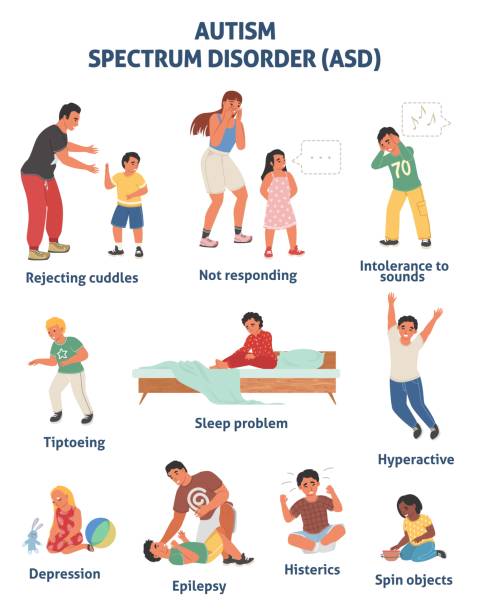INTRODUCTION
Health is wealth—a simple yet profound truth. Nothing can be substituted for
health not even riches. This article is a wake up call for people to take adequate care
of their health. One sickness can wreck a man’s lifetime savings, leaving the
individual and families in distress. While modern
medicine has made remarkable strides in diagnosing and treating diseases, many
health conditions continue to defy medical solutions, pushing us to explore
alternative approaches. There is no small sickness or disease, just as there is no
small snake whether small or big.
Natural remedies have been a cornerstone of healing for centuries, long before
the advent of modern pharmaceuticals. Across cultures and civilizations, people
have relied on nature’s gifts—herbs, roots, fruits, and holistic practices—to
restore health and vitality. While this encyclopedia does not seek to undermine
the importance of medical science, it aims to complement it by shedding light
on time-tested natural solutions. It encourages further research into the power of
nature in healing, offering insights into remedies that have provided relief to
countless individuals.
Natural Remedies For Autism Spectrum Disorder (ASD) and Down Syndrome
Autism Spectrum Disorder (ASD) and Down Syndrome are
developmental conditions that require professional medical care and
therapeutic interventions. While natural remedies cannot cure these
conditions, some complementary approaches may help improve the
overall well-being and quality of life for individuals. These approaches,
when used alongside conventional treatments, focus on promoting
general health and addressing specific symptoms or challenges faced
by individuals with ASD or Down Syndrome. It is essential to consult
healthcare providers to ensure that these strategies align with
individualized treatment plans.
For Autism Spectrum Disorder (ASD) Natural Remedies, use the following:
1. Nutritional Support:
How it works: A well-balanced diet plays a crucial role in
supporting overall health and may help alleviate some behavioral
symptoms often associated with ASD.
Description: Focus on providing a diet rich in whole foods,
including fruits, vegetables, lean proteins, and whole grains.
Some parents of children with ASD also consider gluten-free and
casein-free diets, although their effectiveness remains a topic of
debate.
Usage: Consult with a healthcare professional or nutritionist to
create a dietary plan tailored to the individual’s specific needs.
2. Sensory Integration Therapy:
How it works: Sensory integration therapy helps individuals with
ASD manage sensory sensitivities and improve their ability to
process sensory information.
Description: This therapy involves various sensory activities and
exercises designed to desensitize or stimulate sensory responses,
improving the individual’s ability to interact with their
environment.
Usage: Work with an occupational therapist or sensory
integration specialist for personalized therapy sessions based on
the individual’s sensory needs.
3. Supplements:
How it works: Certain supplements, such as omega-3 fatty acids
and probiotics, are thought to support brain and gut health, which
may improve some aspects of ASD.
Description: Omega-3 supplements may contain fish oil or
algae-derived DHA, which are believed to support cognitive
function. Probiotics may promote gut health, which some studies
suggest can affect behavior and mood in individuals with ASD.
Usage: Consult with a healthcare provider to determine if these
supplements are appropriate for the individual and to understand
the proper dosage.
For Down Syndrome:
1. Physical Therapy:
How it works: Physical therapy can help improve muscle tone,
strength, and motor skills in individuals with Down Syndrome,
enhancing physical development.
Description: A physical therapist will design a personalized
exercise and therapy plan tailored to the individual’s motor needs
and abilities.
Usage: Consult with a healthcare provider to obtain a referral for
a qualified physical therapist who specializes in working with
individuals with Down Syndrome.
2. Speech and Language Therapy:
How it works: Speech therapy can improve communication and
language skills, helping individuals with Down Syndrome
develop better speech sounds, comprehension, and social
communication abilities.
Description: A speech therapist will work with the individual to
improve speech clarity, language understanding, and
conversational skills.
Usage: Seek a referral from a healthcare provider to access
speech therapy services appropriate for the individual’s age and
communication needs.
3. Early Intervention:
How it works: Early intervention programs aim to provide
support and specialized services to children with Down
Syndrome from a young age, focusing on enhancing
developmental milestones.
Description: These programs often include a combination of
therapies, educational support, and family counseling to support
early development.
Usage: Contact your local early intervention agency or healthcare
provider to inquire about available programs and services in your
area.
Key Consideration
While these natural and holistic approaches can provide valuable
support, they should never replace conventional medical treatments or
therapeutic interventions. ASD and Down Syndrome are complex
conditions that require specialized care, and the advice of healthcare
professionals is crucial for developing personalized treatment plans.
Natural remedies can complement standard therapies, but they should
be used under the guidance of a qualified medical team to ensure a
comprehensive and effective approach to care.



